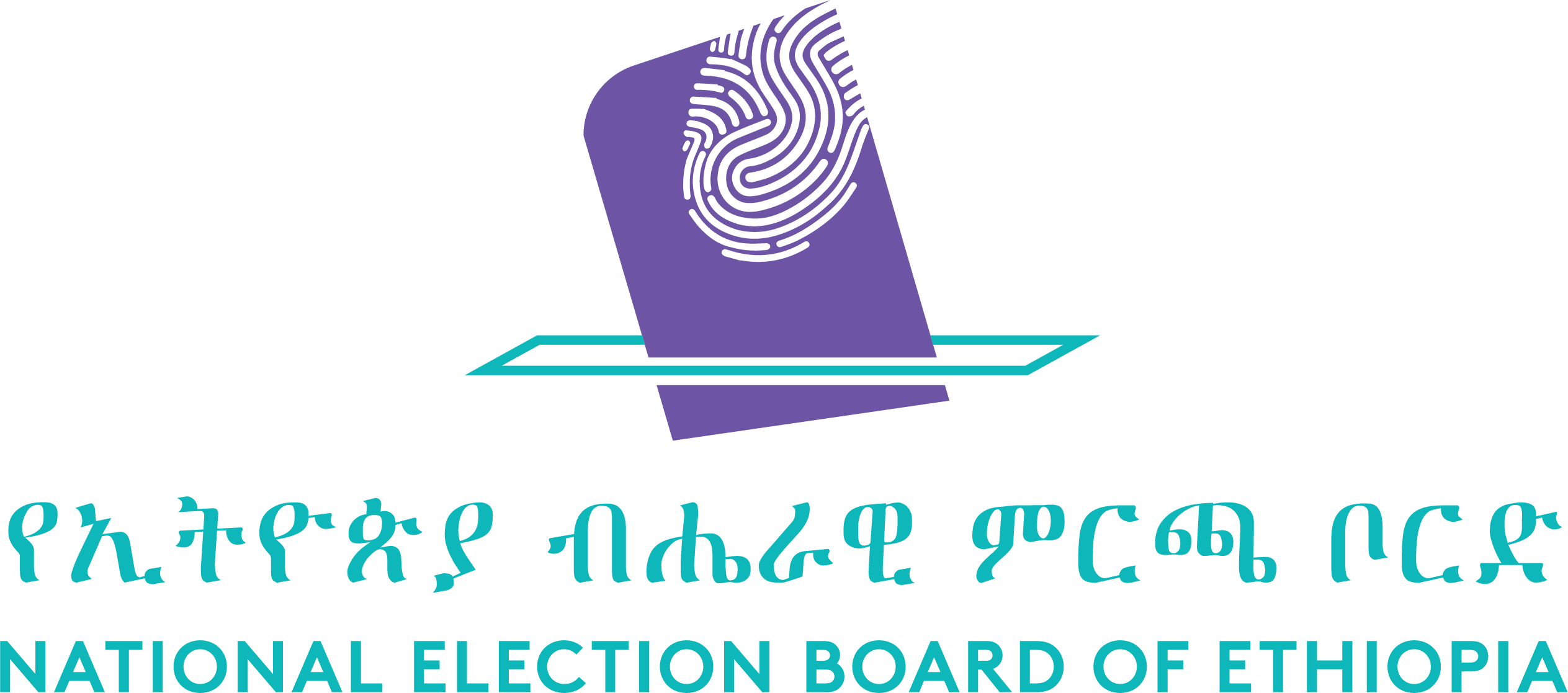The National Election Board of Ethiopia (NEBE) held a discussion with stakeholders concerning the study of the legal framework and implementation of local elections
The National Election Board of Ethiopia held a discussion with stakeholders concerning its study on the legal framework and implementation of local elections on August 15, 2022.
